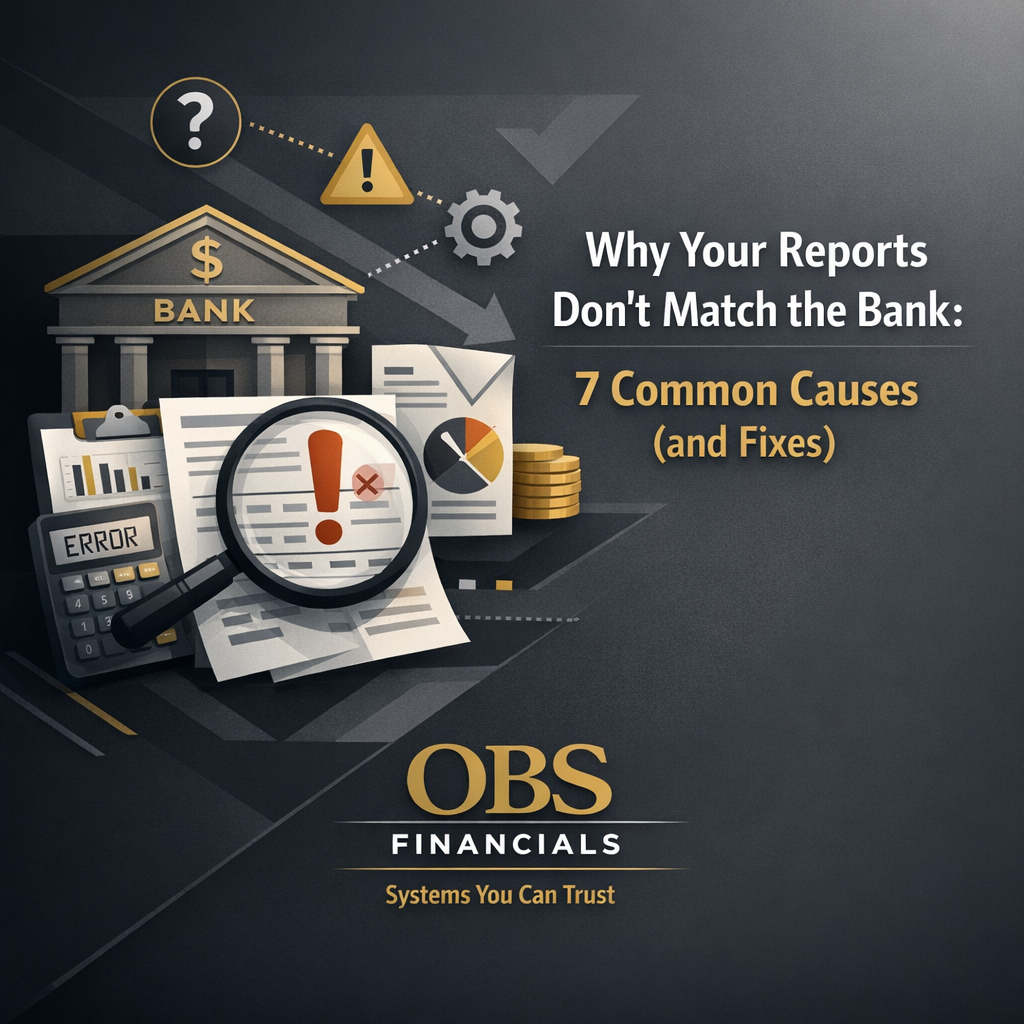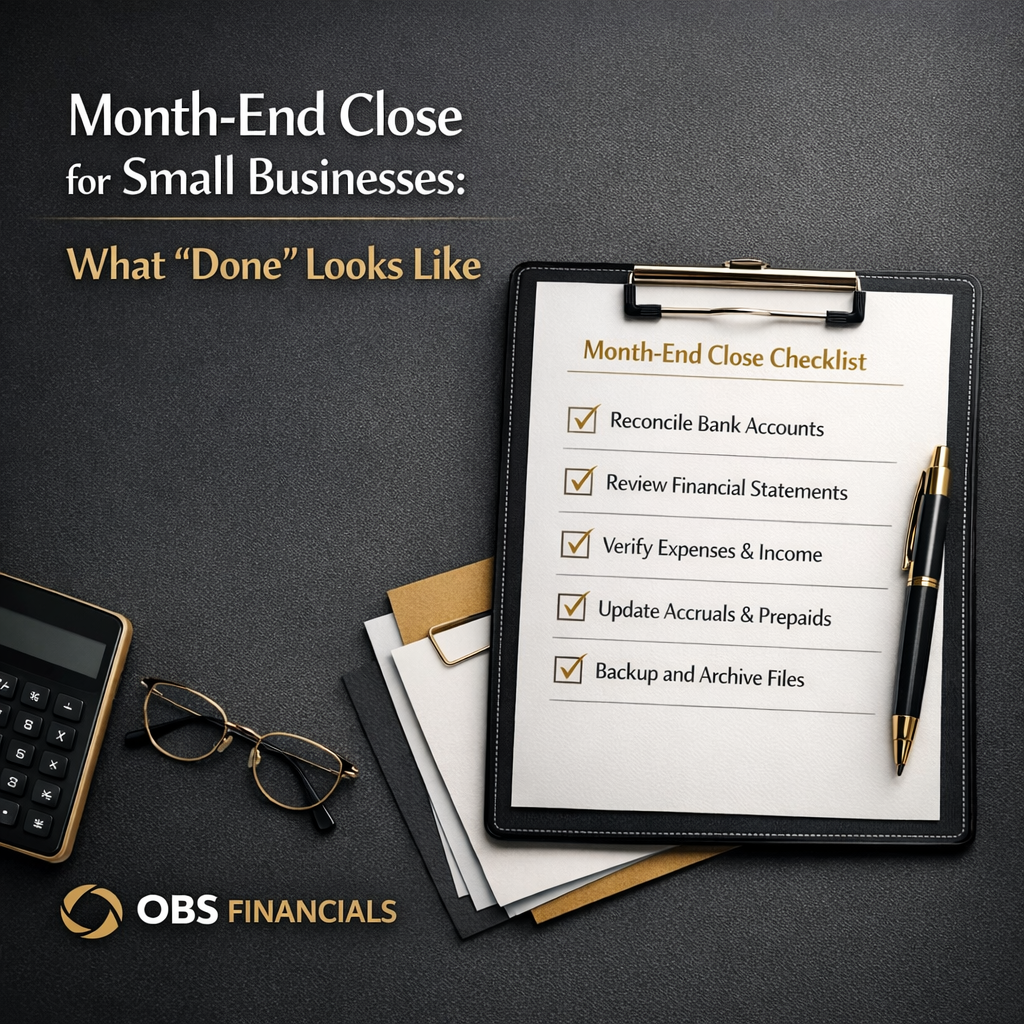For high-growth companies, maintaining healthy profit margins is essential for sustaining business financial health and enabling long-term growth. However, navigating the complexities of revenue, costs, and expenses can quickly become overwhelming, especially as sales volumes and operational activities increase.
This is where professional bookkeeping services come into play, providing accurate and timely financial records that allow business owners to closely monitor gross, operating, and net profit margins. By keeping the company’s accounting data well-organized, you gain a clear understanding of costs of goods sold (COGS), operating profit, and other critical metrics, empowering you to make informed decisions that protect and improve your margins.
In essence, professional bookkeeping services forms the backbone of your ability to control expenses, optimize cash flow, and ultimately enhance profitability in a high-paced growth environment.
Understanding the Impact of Accurate Financial Records on Profit Margins
Ensuring Accurate Profit and Loss Statements
Accurate profit and loss statements are fundamental for understanding the true state of your company’s gross profit margin, operating profit margin, and net profit margin. When your financial records correctly match revenue with all corresponding expenses and costs of goods sold (COGS), you get a clear picture of where your margins stand. This transparency prevents costly miscalculations that could otherwise cause you to overestimate profitability or overlook rising costs.
Inaccurate data risks distorting your business financial health, leading to poor decision-making that negatively impacts profitability and cash flow. Professional bookkeeping services help you avoid these pitfalls by diligently tracking every transaction, ensuring your profit and loss statements reflect reality and support strategic margin management.
Benefits of Real-Time Financial Data
Having access to real-time financial data is a game changer for high-growth companies looking to maintain and improve margins. Up-to-date bookkeeping and bookkeeping enable you to monitor key performance indicators such as gross margin, operating profit, and net profit as they evolve, rather than relying on outdated reports. This immediacy empowers you to detect cost fluctuations, identify inefficiencies, and respond proactively to changing market conditions.
For example, if you notice a sudden increase in costs of goods sold or a drop in gross profit margin, you can take swift action—whether negotiating with suppliers or adjusting pricing strategies—to protect your margins. Ultimately, real-time financial insights foster better informed decisions and enable long-term growth while safeguarding your company’s financial health.
Cost Management and Expense Optimization
Identifying and Cutting Unnecessary Costs
For high-growth companies aiming to maintain strong profit margins, the ability to identify and eliminate unnecessary costs is vital. Professional bookkeeping provides a detailed and organized view of your expenditures, revealing where money may be leaking through inefficiencies or redundant spending. By analyzing these clear financial insights, you can target non-essential overheads and optimize how resources are allocated without sacrificing quality or innovation.
Expert cost management involves constructing a well-defined cost optimization strategy that balances cost discipline with agility, allowing you to reduce expenses while still supporting growth initiatives. This approach ensures that cutting costs will not undermine your long-term potential but instead enhance your overall business financial health.
Strategic Financial Planning
Beyond simple cost cutting, strategic financial planning supported by precise bookkeeping is key to expense optimization. Through accurate financial data, you can forecast and budget effectively, anticipating changes in costs of goods sold, operational expenses, and other critical factors that impact your profit margins.
Professional bookkeeping services equip you with the tools to assess financial scenarios and implement cost controls strategically—aligning spending with your growth goals while enabling you to reinvest savings into revenue-generating opportunities. This balanced approach—from optimizing gross to net profit margins—helps your company sustain profitability, improve cash flow, and secure a competitive edge in your market.
Enhancing Profitability Through Tax Planning and Compliance
Effect of Tax Compliance on Margin Health
Maintaining strict tax compliance is vital for protecting your company’s profit margins and overall financial health. Non-compliance can lead to costly penalties, interest charges, and even audits that disrupt operations and erode your net profit margin. Consistently accurate bookkeeping and accounting help ensure your tax filings align with your actual financial performance, reducing the risk of discrepancies and associated fines.
Moreover, transparent compliance enhances your reputation with tax authorities and stakeholders, supporting smoother business growth and improving your capacity to reinvest profits.
Strategic Tax Planning and Deductions
Strategic tax planning goes beyond meeting obligations—it actively boosts profitability by minimizing tax liabilities. By leveraging professional bookkeeping to maintain detailed and organized financial records, you can identify eligible deductions, credits, and tax-saving opportunities specific to your business activities. These might include deductions related to research and development, capital investments, or operational expenses, all of which directly improve your profit margin net and gross profit margin.
A proactive tax strategy also helps optimize cash flow by timing expenses and income recognition, thus freeing capital to fuel business growth. Ultimately, effective tax planning enhances your company’s ability to retain more of its revenue as profit, strengthening financial resilience in a competitive market.
Conclusion
Whether you’re launching your first venture or managing a fast-growing company, OBS Financials is here to bring clarity, confidence, and calm to your finances. With over a decade of experience, certified expertise, and a genuine passion for helping business owners succeed, we offer more than just bookkeeping — we provide peace of mind.
From financial cleanup to payroll, monthly bookkeeping, and CFO-level insights, our flat-rate, insured services are tailored to grow with your business. Book a free consultation today and discover how OBS Financials can help you reclaim your time, reduce stress, and make smarter financial decisions — all with a partner who treats your company like their own.
FAQ
What are the benefits of bookkeeping for a business?
Bookkeeping benefits businesses by enabling accurate tracking of income, expenses, and cash flow, which helps improve financial management and strategic planning. It ensures organized records, aids in tax preparation, prevents late payments, supports business analysis, and saves time, allowing focus on growth and operations.
What is the profit margin for a bookkeeping business?
The average profit margin for a bookkeeping business is around 90%, reflecting the high percentage of revenue remaining after expenses . This is significantly higher than the typical accounting firm’s profit margin, which averages about 18.4% but varies widely by size and operational efficiency .
What is the main purpose of bookkeeping?
The main purpose of bookkeeping is to systematically record and organize a company’s daily financial transactions to maintain accurate financial records. This foundation provides reliable data for decision-making, budgeting, tax preparation, and performance measurement, ensuring business operations are financially transparent and compliant with regulations .
Can I make 100k as a bookkeeper?
You typically cannot make $100k as a bookkeeper in the U.S. The average annual salary ranges from about $35,000 to $63,450 at the highest levels, with an average near $44,000-$45,000. Top bookkeepers may earn slightly more but rarely reach $100k without additional roles or qualifications.




